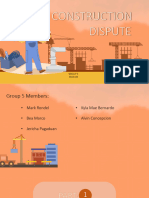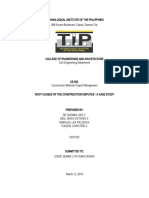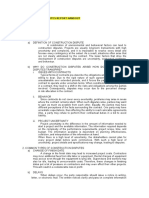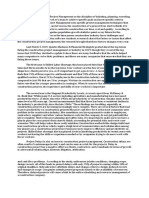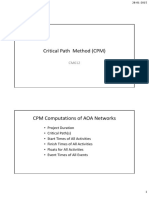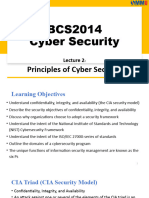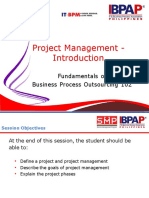0% found this document useful (0 votes)
12 views6 pagesIndividual Assignment
The interview report explores common causes of disputes in the construction industry, such as delayed schedules, payment issues, and interpersonal conflicts among project stakeholders. It emphasizes the importance of clear communication, structured dispute resolution strategies, and proactive management to mitigate these challenges. Insights from experienced professionals highlight best practices for maintaining productivity and collaboration in construction projects.
Uploaded by
Wenniebel Perez FabilaCopyright
© © All Rights Reserved
We take content rights seriously. If you suspect this is your content, claim it here.
Available Formats
Download as PDF, TXT or read online on Scribd
0% found this document useful (0 votes)
12 views6 pagesIndividual Assignment
The interview report explores common causes of disputes in the construction industry, such as delayed schedules, payment issues, and interpersonal conflicts among project stakeholders. It emphasizes the importance of clear communication, structured dispute resolution strategies, and proactive management to mitigate these challenges. Insights from experienced professionals highlight best practices for maintaining productivity and collaboration in construction projects.
Uploaded by
Wenniebel Perez FabilaCopyright
© © All Rights Reserved
We take content rights seriously. If you suspect this is your content, claim it here.
Available Formats
Download as PDF, TXT or read online on Scribd
/ 6















